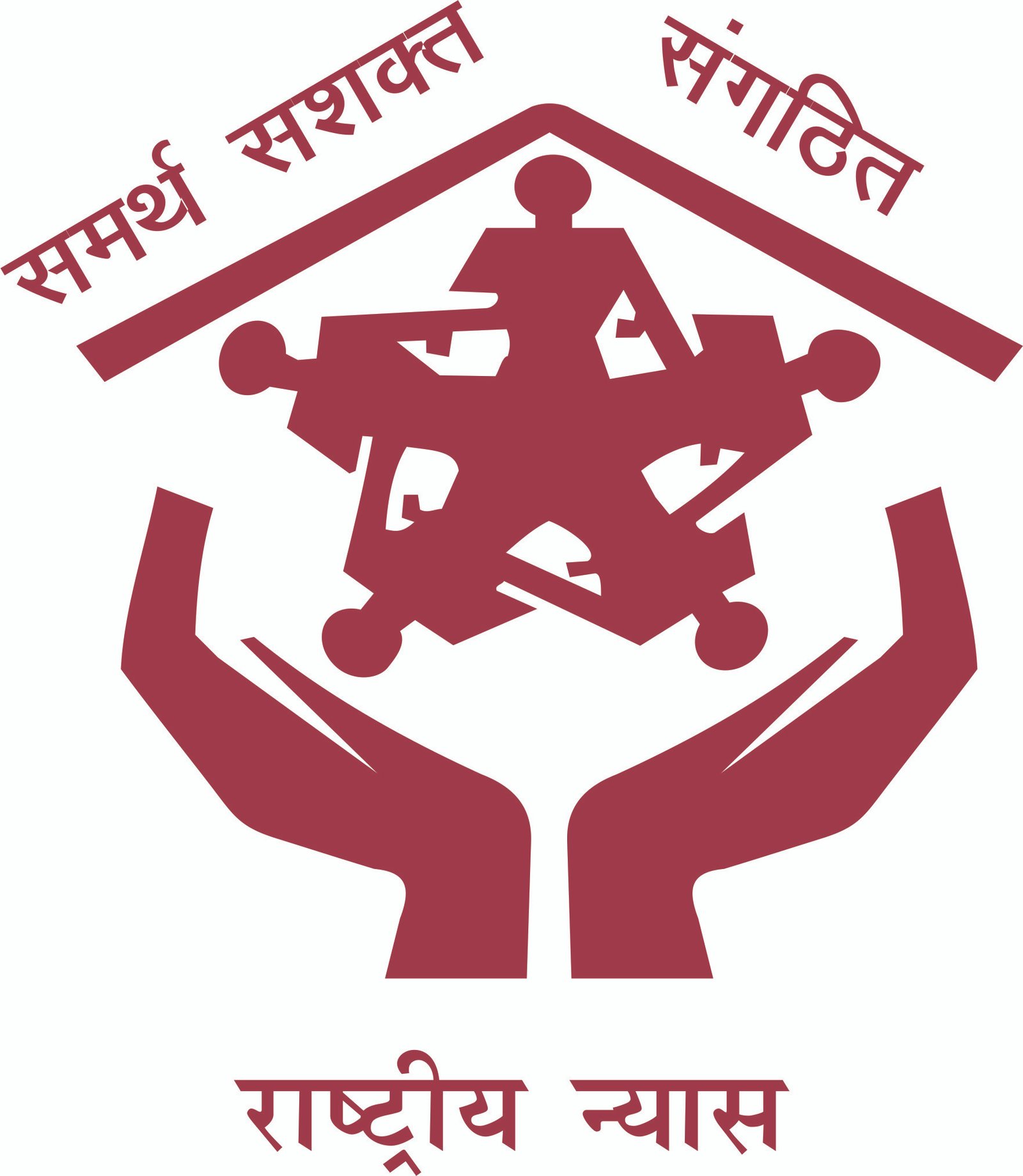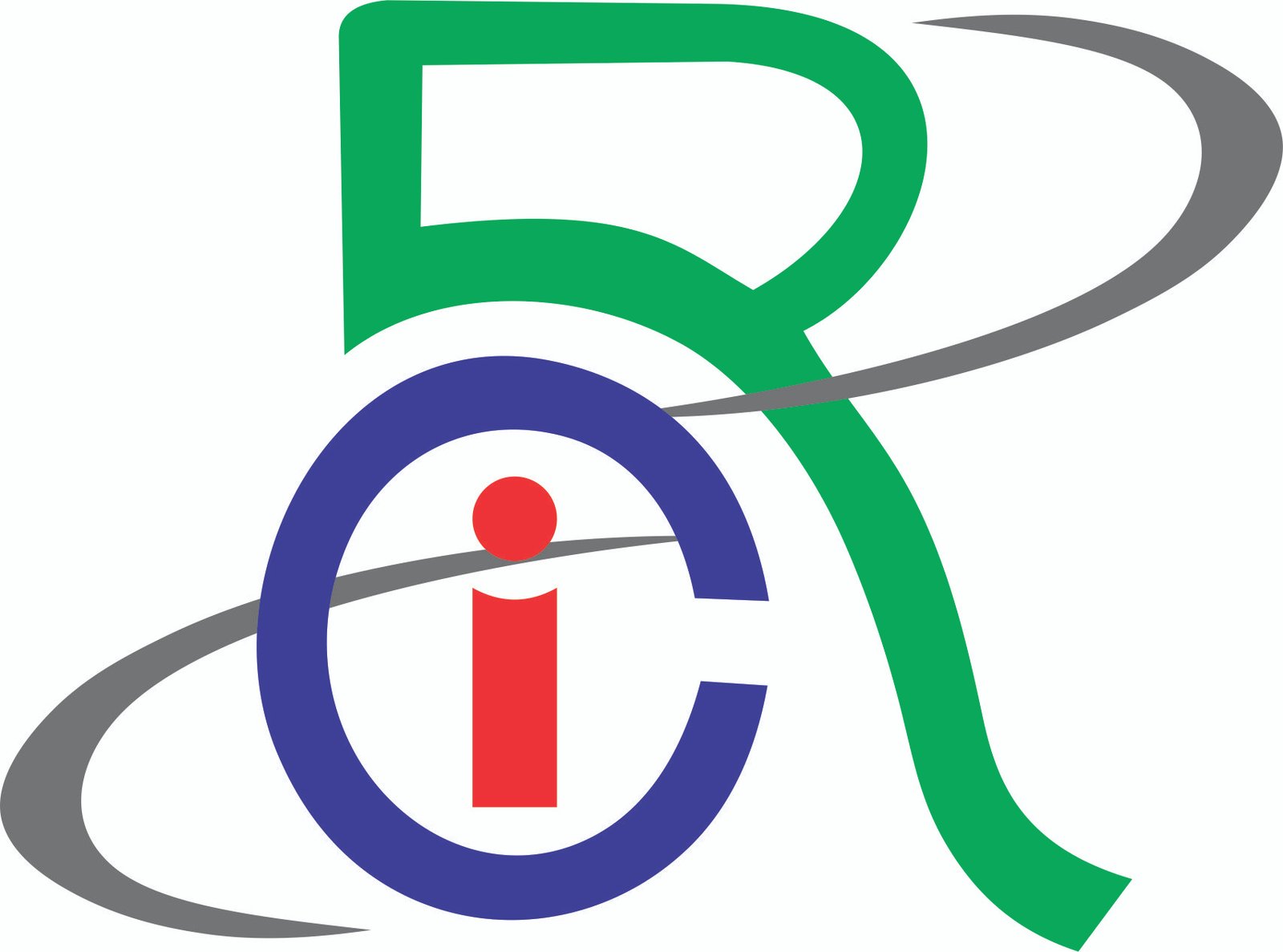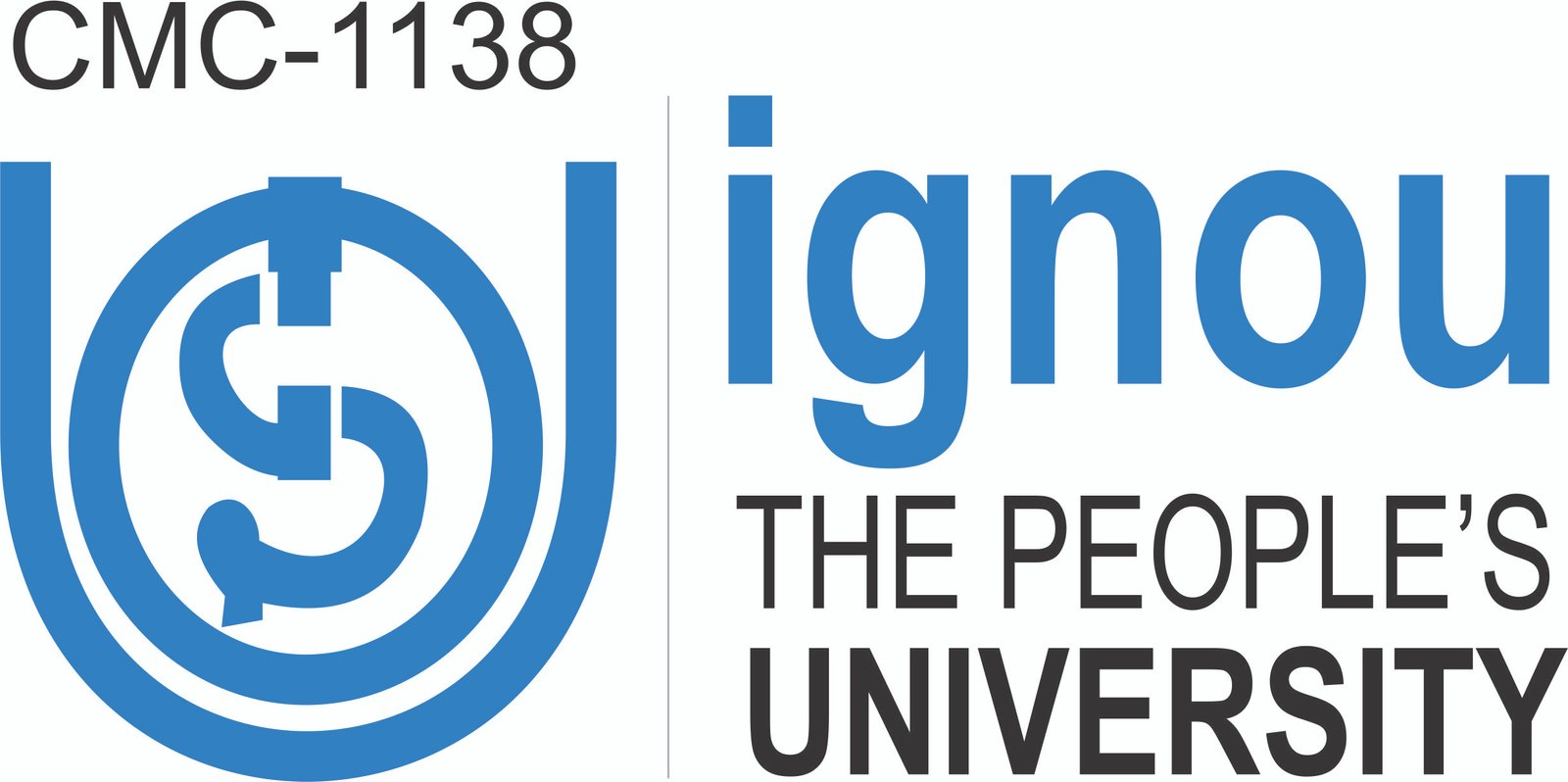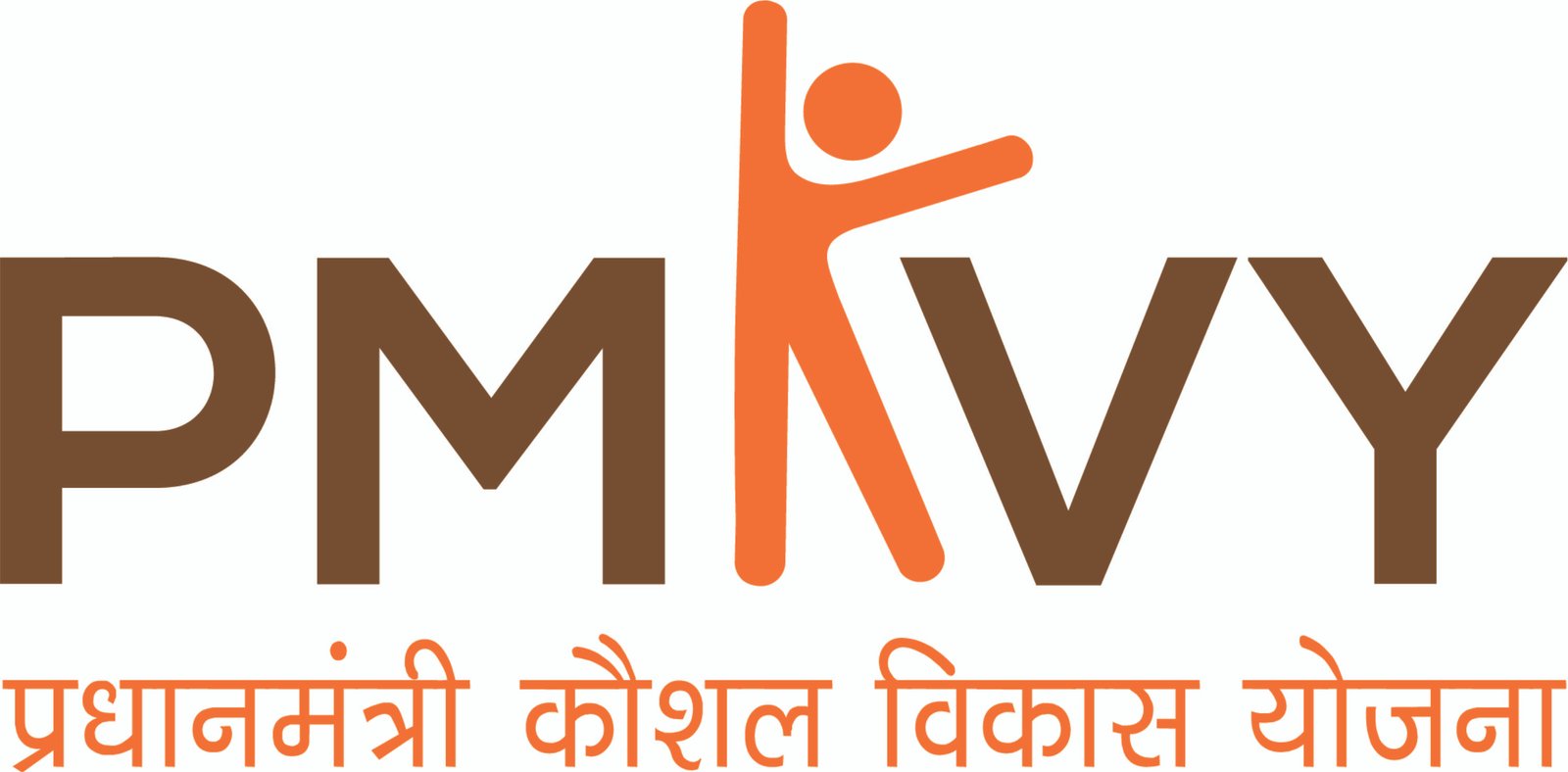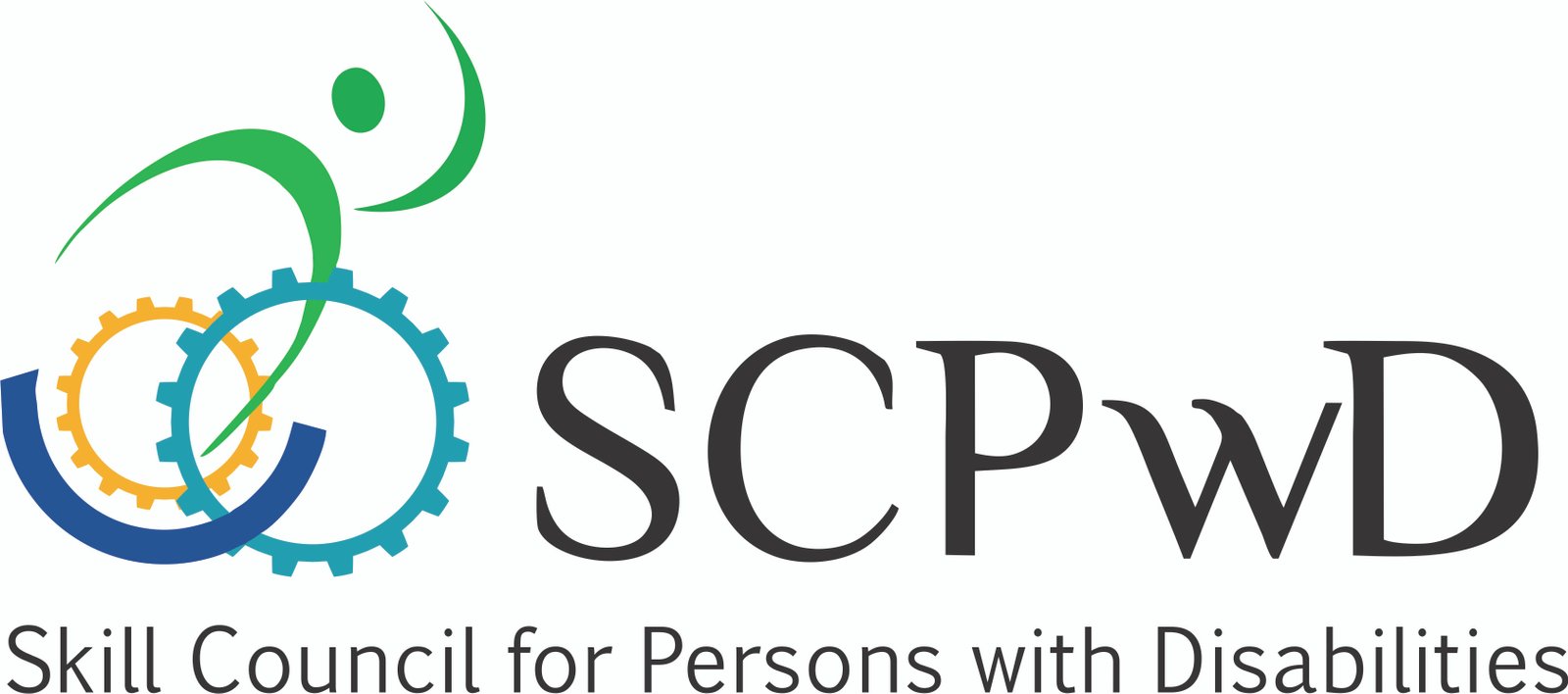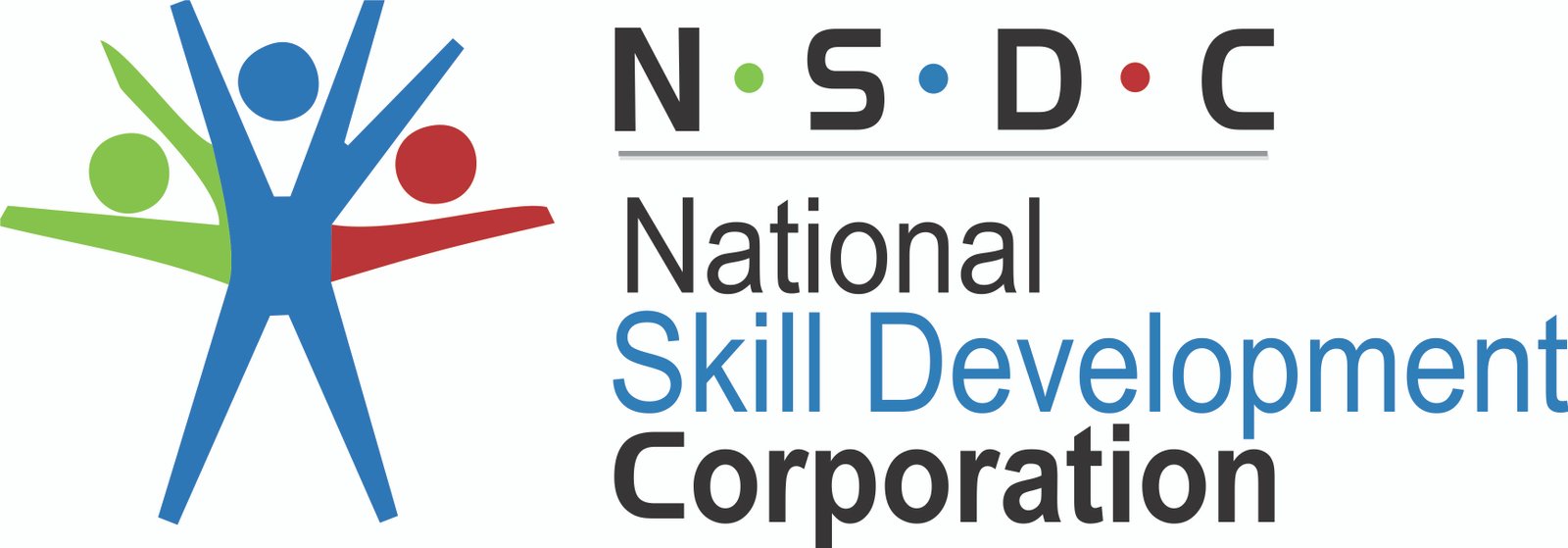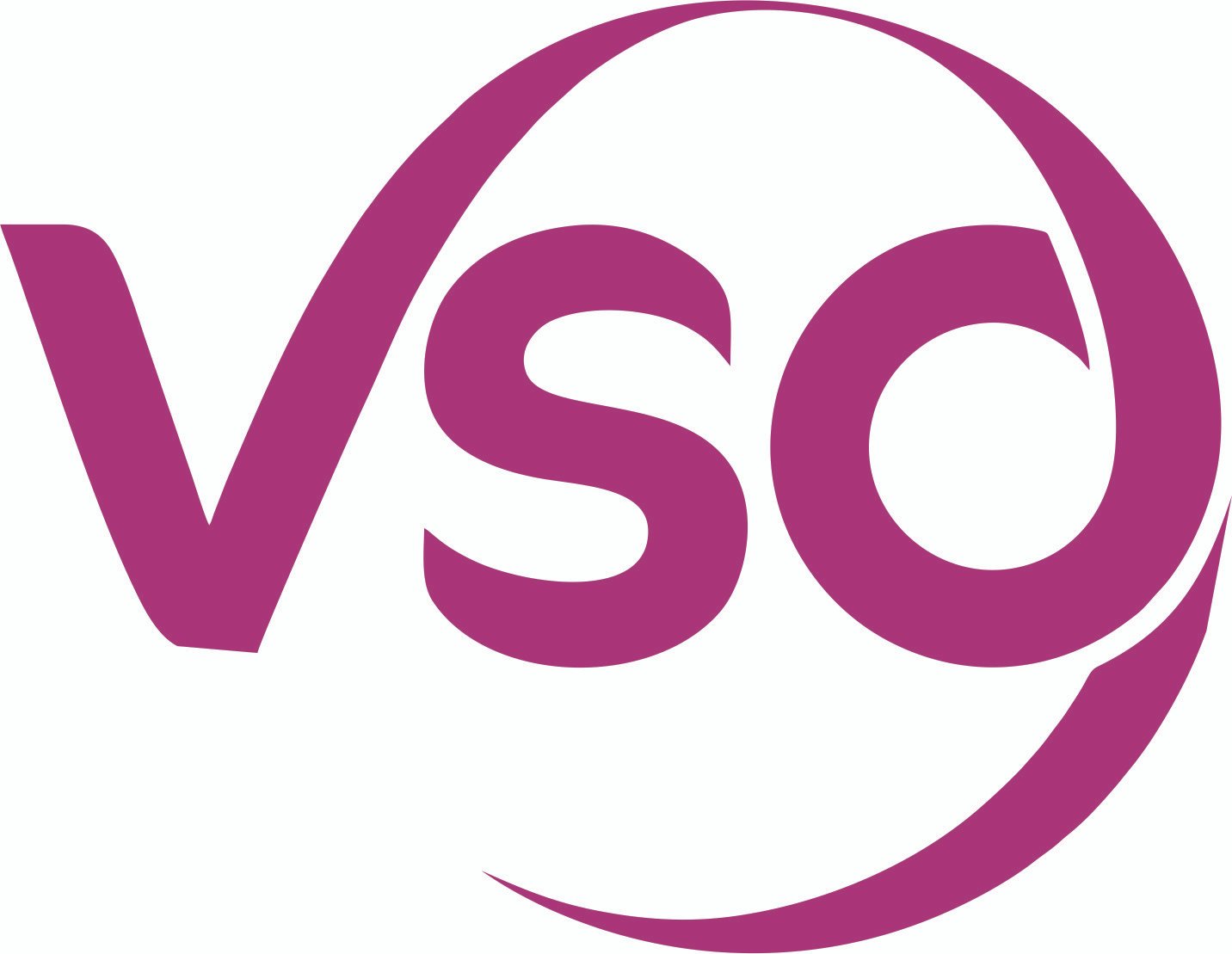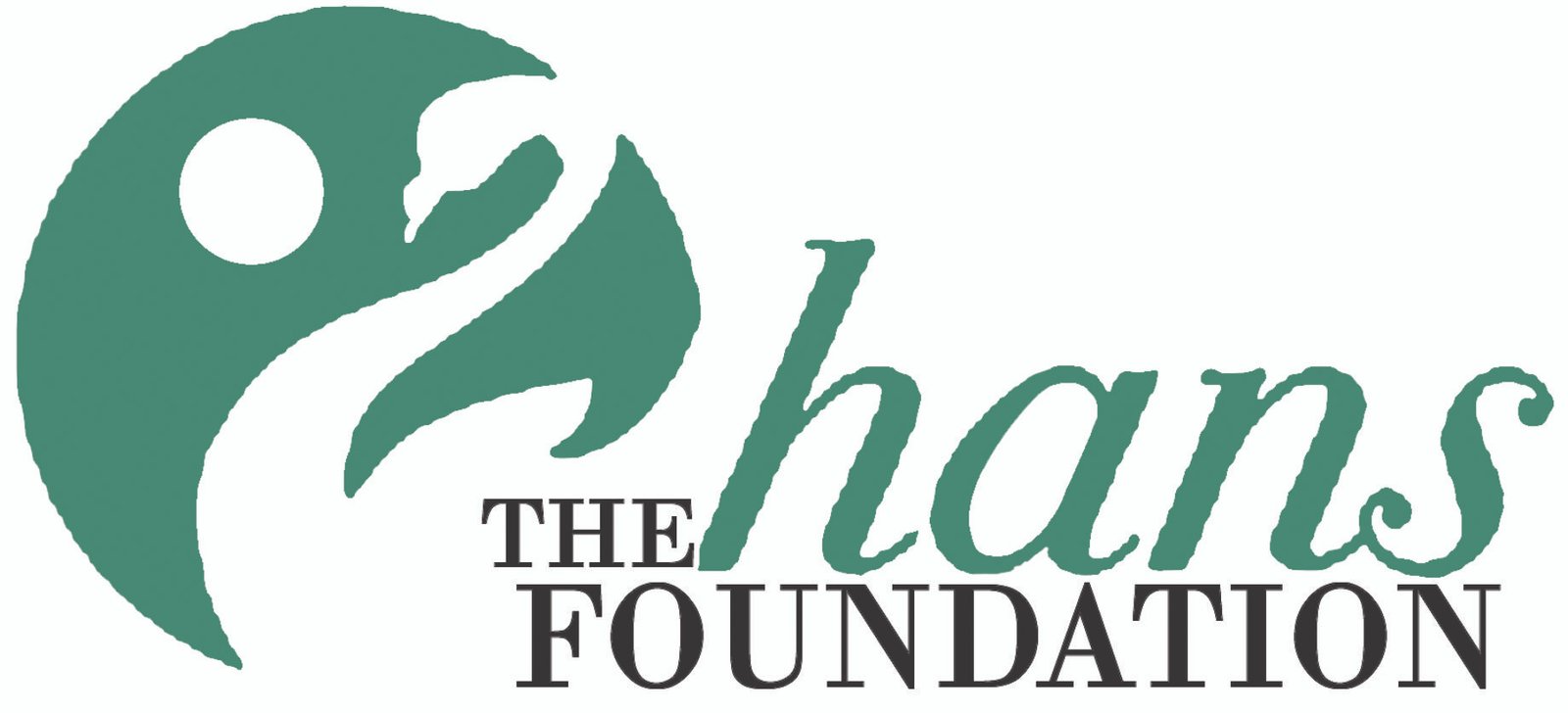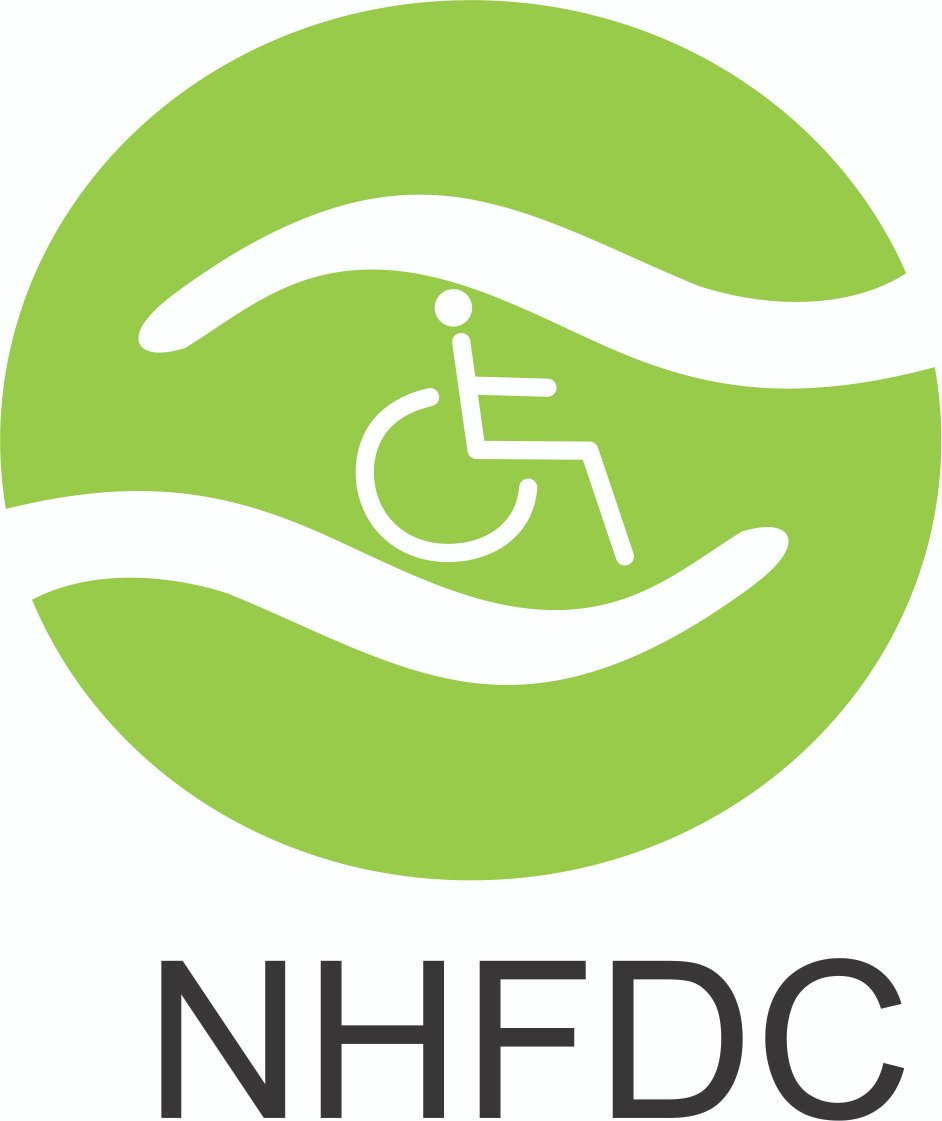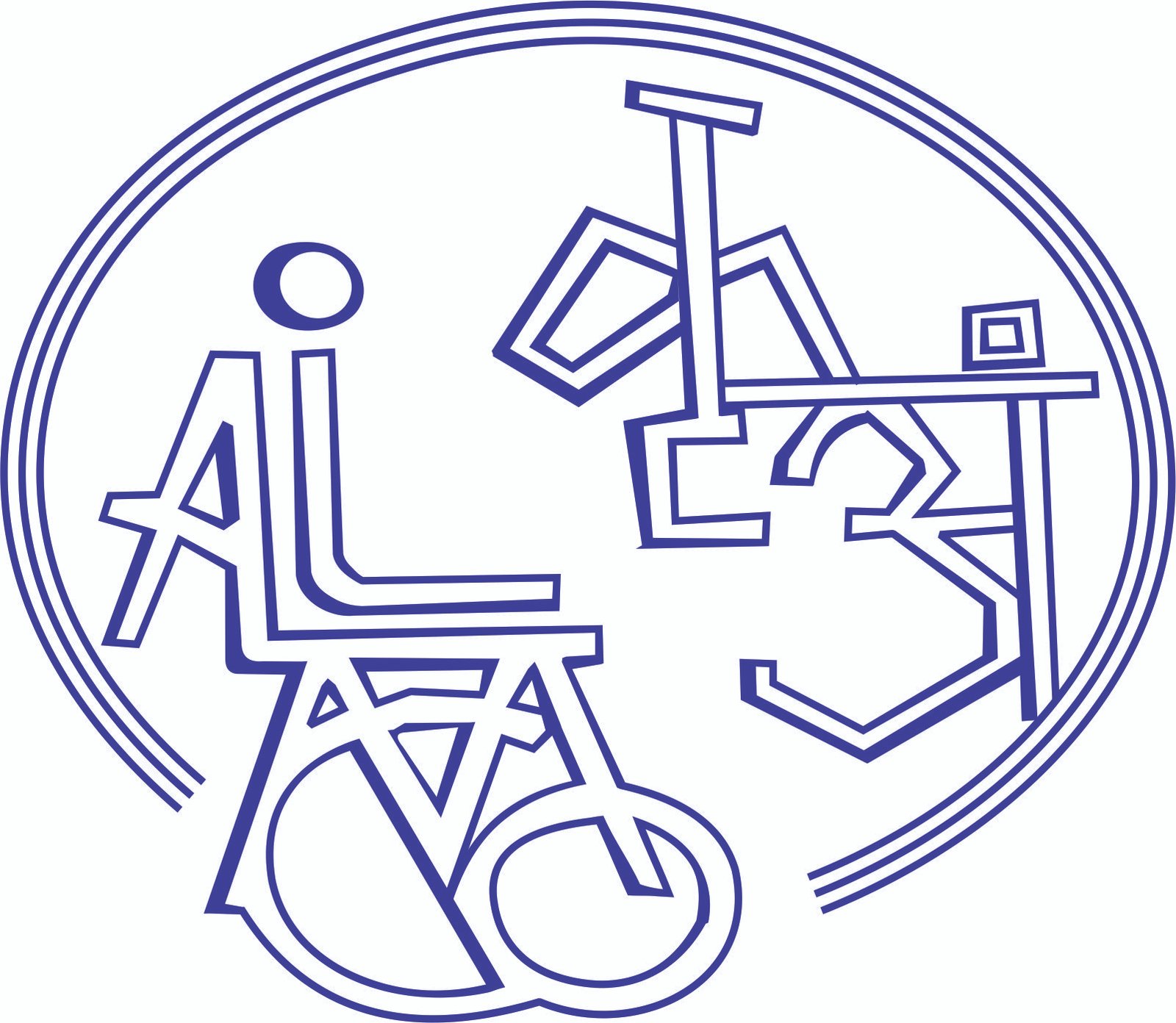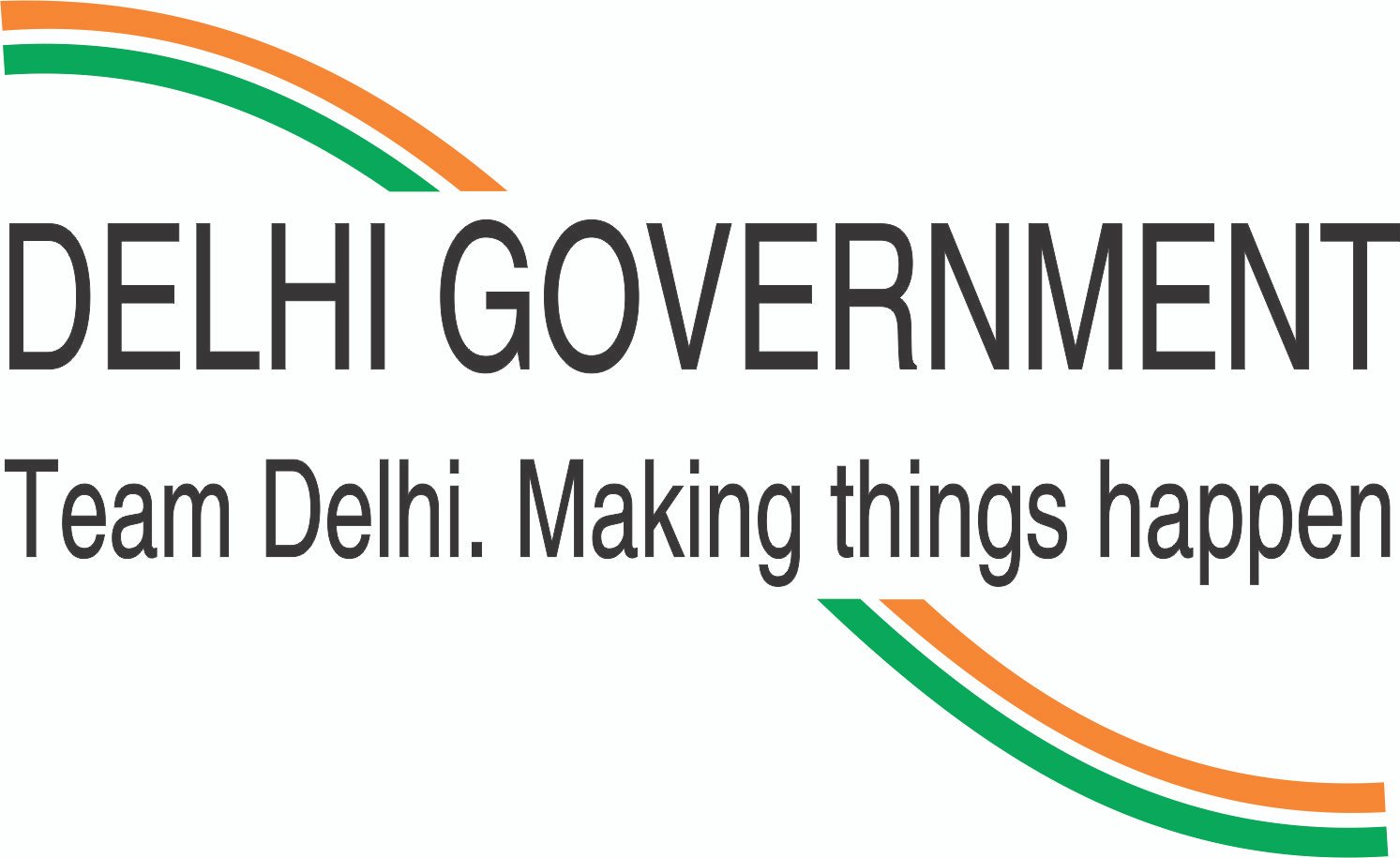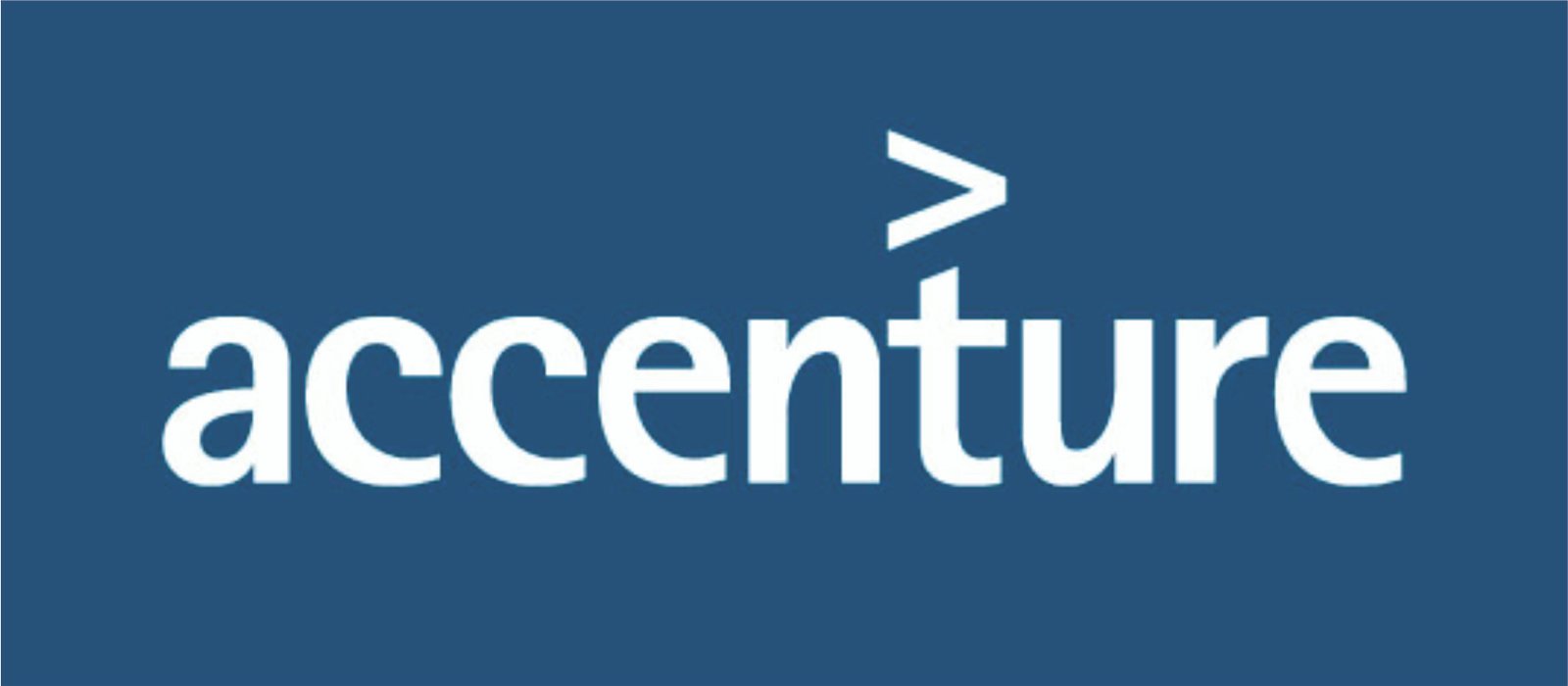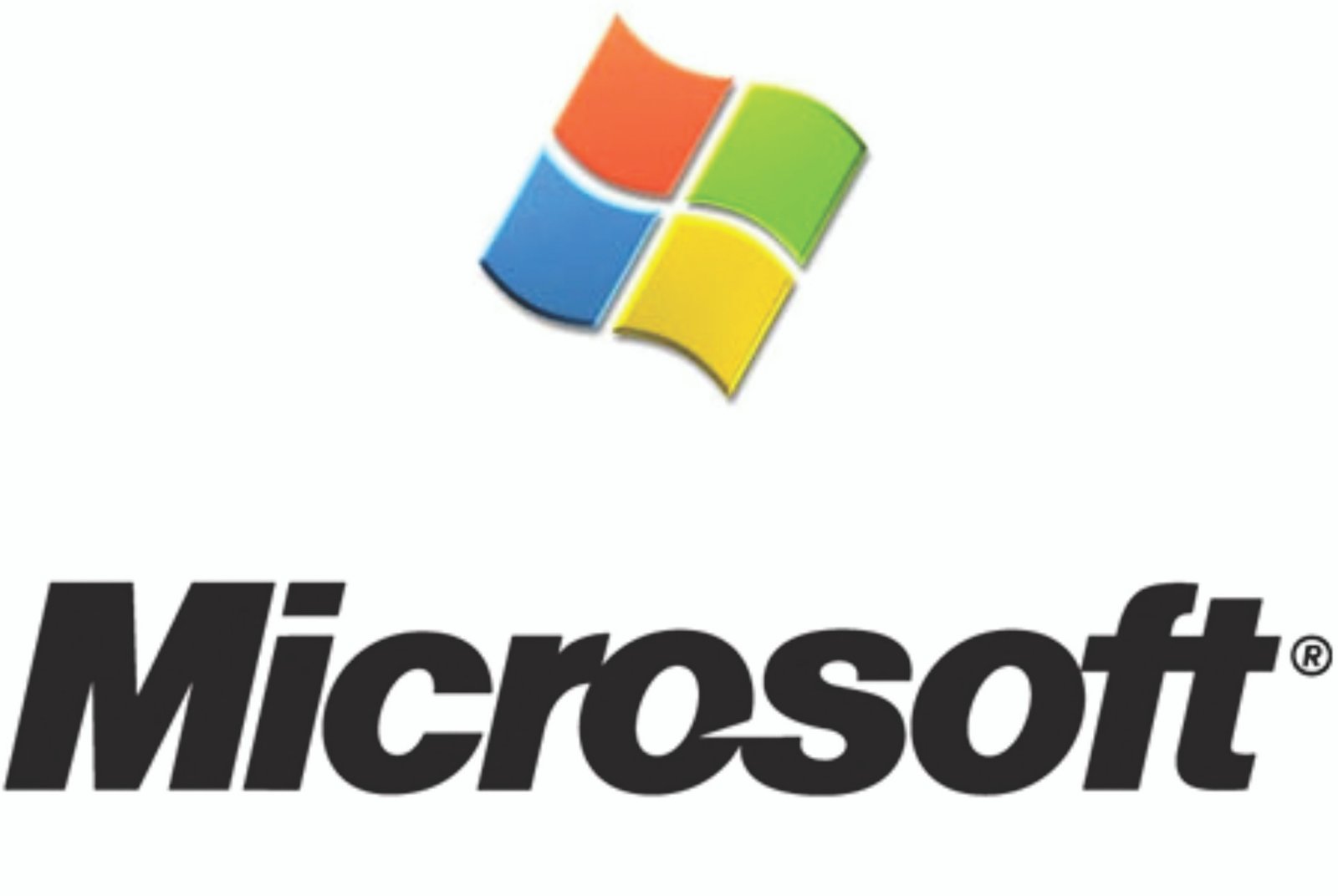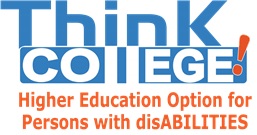
Think College is a pilot project in India committed to developing, an inclusive higher education options for people with intellectual disability.
Manovikas Charitable Society is an impetus for change as an outcome of the inclusion movement in India, as a generation of students with Intellectual and Developmental Disabilities (IDD), who had been trained in daily living and functional skills with their peers throughout Special School system. In last one decade, the education model of Manovikas have been effective to change the mind-set of society and providing access of education through elementary, middle, and high School, as well as Open School, wished to remain their desire for continued social experience that are like those of their counterparts without disabilities. Parents of the students with IDD have also reported a desire for their sons and daughters with IDD to attend college and are increasingly asking School systems to consider the provision of transition services to students with IDD in college and community settings.
Manovikas is advocating for creating access to Post Secondary Education (PSE) and Higher Education for students with IDD distance from a variety of factors. A major reason for seeking access to PSE relates to the further educational options for students with IDD after time spend in inclusive school. Many students with IDD who are supported through the special education system remain in vocational training until they are adolescence, adulthood, and old age. The frustration felt by students and their families of having to stay in special schools for lifelong is likely the major impetus for creating access to alternative education environments. Thomas Edison said “Restlessness and discontent are the first necessities of progress” many of the Manovikas’s initiatives of Community College, Mini Management Courses, Skill Knowledge Programme in post secondary settings were the result of grassroots efforts on the part of family members for teachers looking to create opportunities for Higher Education in Colleges.
Preparation for the 21st –Century Workforce
Another motivation for schools to develop PSE options for all students, including students with IDD, stems from growing evidence that more needs to be done to merge secondary and post secondary policies so that young adults are prepared to pursue meaningful work in the 21st-century workplace. In addition to basic academic skills, employers need worker with strong applied work skills, such as teamwork, critical thinking, and communication. They want young people who are able to work comfortably with people from other cultures, solve problems creatively, and industrious. Without these skills, young adults are likely to longer in low skill, low-wage jobs out these skills, young adults are likely to linger in low-skill, low-wage jobs. For young adults with disabilities who faces incredible employment challenges. The stakes are even higher for the development of academic and work skills through a coordinated set of transition activities. By bridging the gap between high school and college (also referred to as the K-12 initiatives), meaningful partnerships between schools and institutes of higher education can lead to creative and successful transition pathways to work.







